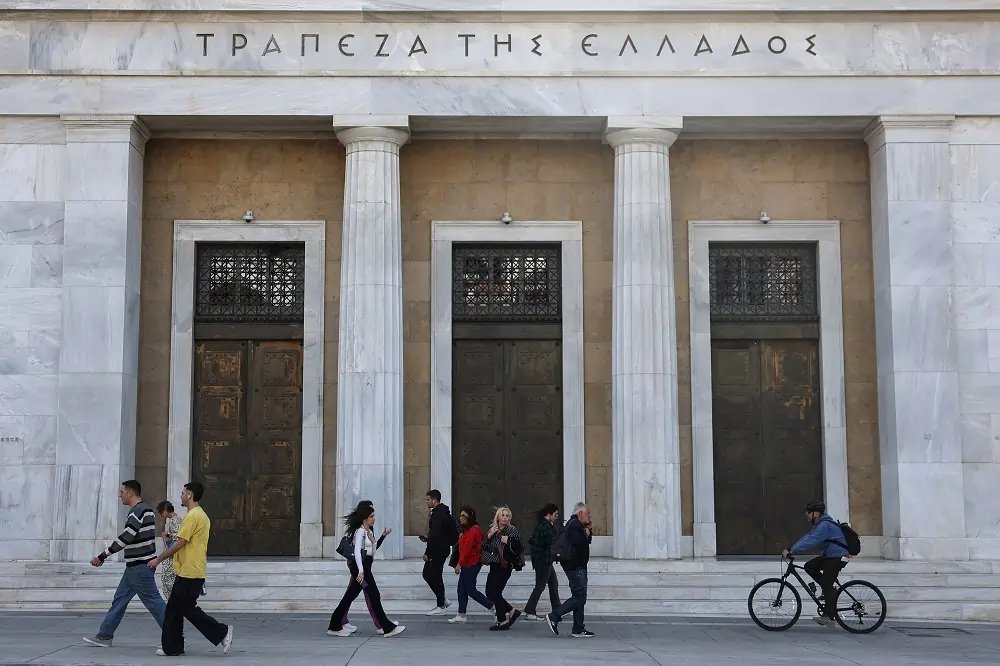Greek economic growth to exceed 2% annually in next two years, says OECD
Published by Jessica Weisman-Pitts
Posted on December 5, 2024
2 min readLast updated: January 28, 2026

Published by Jessica Weisman-Pitts
Posted on December 5, 2024
2 min readLast updated: January 28, 2026

ATHENS (Reuters) – Greece’s economy will grow by more than 2% annually in the
ATHENS (Reuters) – Greece’s economy will grow by more than 2% annually in the next two years, helped by continuing flows of European funds, but it needs to do more to attract investment, the Organisation for Economic Cooperation and Development (OECD) said on Thursday.
Greece almost went bankrupt in the past decade after revealing a budget deficit of about 15% of its national output, triggering a series of international bailouts worth 280 billion euros ($295 billion) and years of austerity that slashed wages and pensions.
However it has started to recover and economic growth is now outpacing the euro zone average, though problems persist. Thousands of workers took to the streets in November in a general strike over pay and wages, and Greece remains the euro zone’s most indebted nation.
The OECD said in a report published on Thursday that it expects the Greek economy to expand by 2.3% this year, by 2.2% in 2025 and by 2.5% in 2026. The Greek government has forecast growth of 2.3% next year.
“Growing disbursements of the (EU) Recovery and Resilience Funds, gradual disinflation and continuous employment gains are expected to support growth from 2024 to 2026,” it said.
“But more needs to be done to promote competition, allow more youths and women to participate in the labour market and maintain significant primary fiscal surpluses while preserving investment,” it added.
Greece is eligible to receive a total of 36 billion euros in grants and loans from the European Union’s post-pandemic Recovery Fund up to 2027.
The OECD also said Greece should broaden its tax base and adopt more growth-friendly taxes to support fiscal sustainability.
Wage growth exceeding productivity gains could dent previous competitiveness gains and exports, the report added.
(Reporting by Lefteris Papadimas; Editing by Angeliki Koutantou and Gareth Jones)
Gross Domestic Product (GDP) measures the total economic output of a country, representing the value of all goods and services produced over a specific time period.
Economic growth refers to the increase in the production of goods and services in an economy over time, typically measured as the percentage increase in GDP.
European funds are financial resources provided by the European Union to support development projects, economic growth, and social cohesion across member states.
Investment involves allocating resources, usually money, to generate income or profit. It can take various forms, including stocks, bonds, real estate, and business ventures.
Financial stability refers to a condition where the financial system operates effectively, with institutions able to withstand shocks and continue to provide essential services.
Explore more articles in the Finance category
